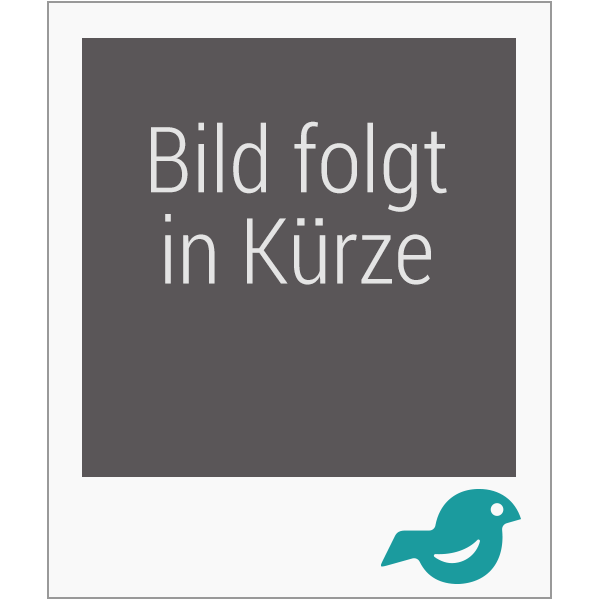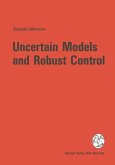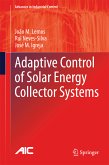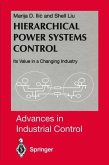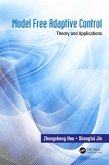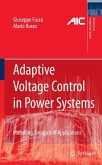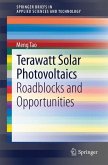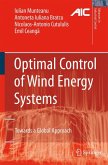The techniques described and applied are:
- modeling and simulation;
- adaptive control;
- model-based predictive control;
- frequency domain control and robust optimal control; and
- fuzzy logic control.
Their effectiveness in this control process is assessed and the various techniques' advantages and drawbacks are analyzed and compared. The results obtained can be readily extended to other industrial processes; in this context, the solar control process examined provides an ideal test-bed since it exhibits many of the problems found in other processes, such as nonlinearities, changing dynamics and strong external disturbances.
This is a comprehensive analysis of the practical application of different control strategies that will be of interest to control engineers working in solar power systems and throughout other process industries, and to researchers, scientists and graduate students in this field.
Advances in Industrial Control aims to report and encourage the transfer of technology in control engineering. The rapid development of control technology has an impact on all areas of the control discipline. The series offers an opportunity for researchers to present an extended exposition of new work in all aspects of industrial control.
Dieser Download kann aus rechtlichen Gründen nur mit Rechnungsadresse in A, B, BG, CY, CZ, D, DK, EW, E, FIN, F, GR, HR, H, IRL, I, LT, L, LR, M, NL, PL, P, R, S, SLO, SK ausgeliefert werden.

